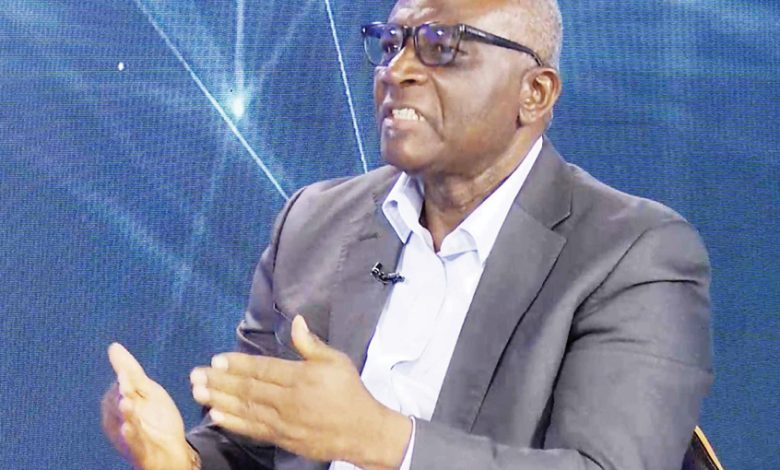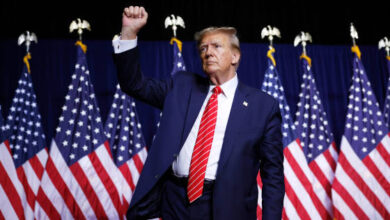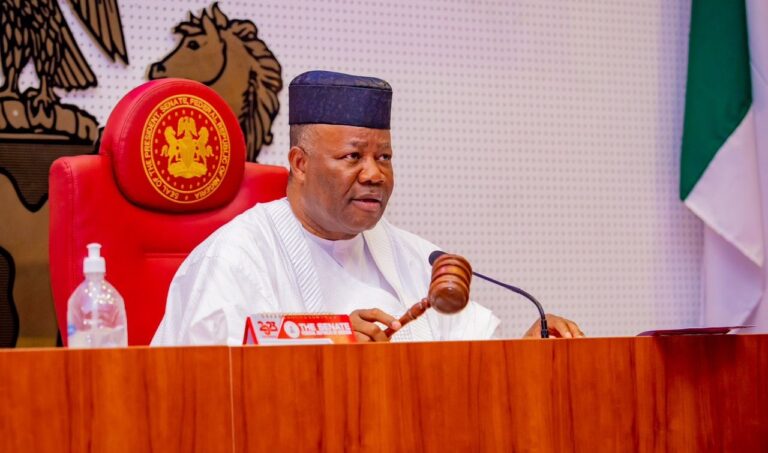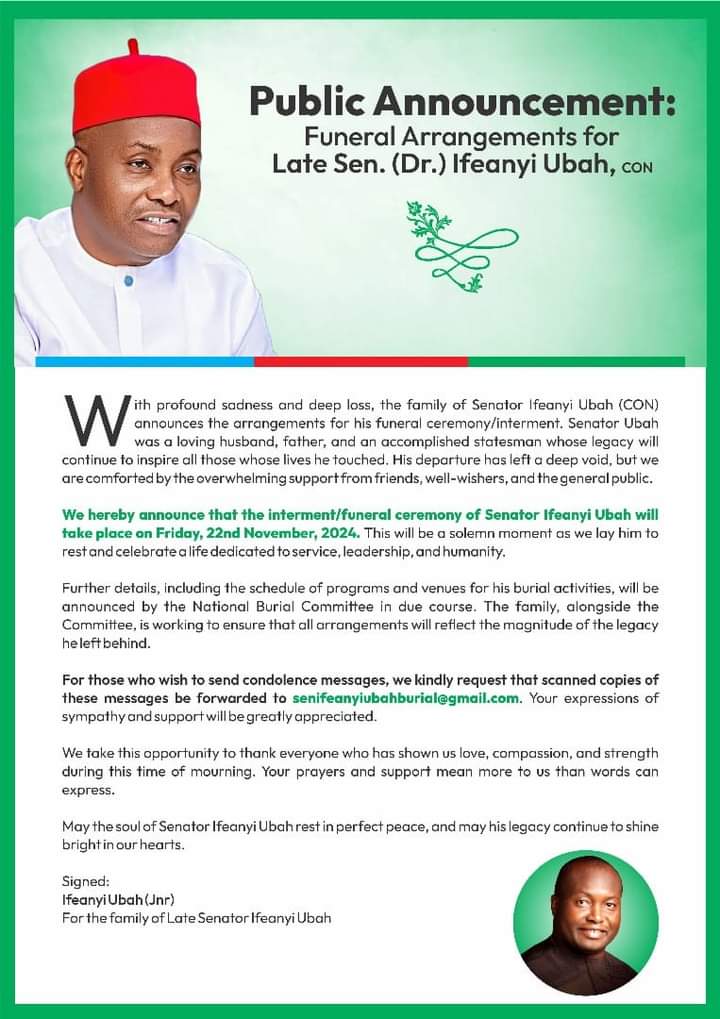

The Presidency has responded to a New York Times article criticizing the Nigerian economy as facing its worst trajectory in a generation.
Special Adviser to the President on Information and Strategy, Bayo Onanuga, reacted on Sunday to the report by Ruth Maclean and Ismail Auwal.
The New York Times article, titled “Nigeria Confronts Its Worst Economic Crisis in a Generation,” published on June 11, was described by Onanuga as reflecting the typical predetermined, reductionist, derogatory, and denigrating way foreign media establishments report on African countries.
He stated that the government needed to clarify misconceptions conveyed by the report regarding the economic policies of President Bola Tinubu’s administration, which came into power in late May 2023.
Onanuga criticized the article for painting a dire picture of the experiences of some Nigerians amid the inflationary spiral of the last year, attributing the blame solely to the new administration’s policies.
He argued that the report was jaundiced, focusing only on negative aspects while ignoring the positive developments and ameliorative policies being implemented by both central and state governments.
He emphasized that Tinubu did not create the economic problems Nigeria faces today but inherited them.
“As a respected economist in our country once put it, Tinubu inherited a dead economy. The economy was bleeding and needed quick surgery to avoid being plunged into the abyss, as happened in Zimbabwe and Venezuela,” Onanuga noted.
He explained that Nigeria had maintained a fuel subsidy regime that consumed $84.39 billion between 2005 and 2022, despite significant infrastructural deficits and a need for better social services.
Onanuga also pointed out that the state oil firm, NNPCL, had accumulated trillions of Naira in debts due to unsustainable subsidy payments.
He explained that the previous government had planned to spend 97% of revenue servicing debt, with little left for recurrent or capital expenditure, and had resorted to massive borrowing to cover costs.
He said, “After some months of the storm, with the naira sliding as low as N1,900 to the US dollar, some stability is being restored, though there remain some challenges.
The exchange rate is now below N1500 to the dollar, and there are prospects that the naira could regain its muscle and appreciate to between N1000 and N1200 before the end of the year.
“The economy recorded a trade surplus of N6.52 trillion in Q1, as against a deficit of N1.4 trillion in Q4 of 2023. Portfolio investors have streamed in as long-term investors.
“When Diageo wanted to sell its stake in Guinness Nigeria, it had the Singaporean conglomerate, Tolaram, ready for the uptake. With the World Bank extending a $2.25 billion loan and other loans by the AfDB and Afreximbank coming in, Nigeria has become bankable again. This is all because the reforms being implemented have restored some confidence.
“The inflationary rate is slowing down, as shown in the figures released by the National Bureau of Statistics for April. Food inflation remains the biggest challenge, and the government is working very hard to rein it in with increased agricultural production.
“The Tinubu administration and the 36 states are working assiduously to produce food in abundance to reduce the cost. Some state governments, such as Lagos and Akwa Ibom, have set up retail shops to sell raw food items to residents at a lower price than the market price.
“The Tinubu government, in November last year, in consonance with its food emergency declaration, invested heavily in dry-season farming, giving farmers incentives to produce wheat, maize, and rice.
“The CBN has donated N100 billion worth of fertiliser to farmers, and numerous incentives are being implemented. In the western part of Nigeria, the six governors have announced plans to invest massively in agriculture.
“With all the plans being executed, inflation, especially food inflation, will soon be tamed.
“Nigeria is not the only country in the world facing a rising cost of living crisis. The USA, too, is contending with a similar crisis, with families finding it hard to make ends meet. US Treasury Secretary Janet Yellen raised this concern recently.
“Europe is similarly in the throes of a cost-of-living crisis. As those countries are trying to confront the problem, the Tinubu administration is also working hard to overturn the economic problems in Nigeria.
“Our country faced economic difficulties in the past, an experience that has been captured in folk songs. Just like we overcame then, we shall overcome our present difficulties very soon.”





